Machine learning is a branch of Artificial Intelligence (AI) that employs algorithms and technologies to extract useful data from large amounts of data. Global pandemic limitations have had a direct influence on traditional real estate processes and for the better, unexpectedly. Thousands of businesses, realtors, appraisers, mortgage lenders and other businesses have been forced to manage the crisis by incorporating rapidly emerging PropTech, and with good cause. Real estate AI apps can manage predetermined data flows, learn user behaviour streamline and speed operations, and allow more accurate assessments and market forecasts in the short term. Homeowners, potential renters, and purchasers are embracing real estate AI apps, and investors are aware that real estate is the world's most valuable asset class.
There have been multiple attempts to benefit real estate by using Machine Learning and A.I., but there have been constant issues with the accuracy as well as resulting in the loss of jobs in this sector. A.I. in real estate this project aims to improve the accuracy whilst also providing a platform for real estate agents who does not only make it safer for people to analyze their requirements but also safeguards customers from fake data. This project also integrates multiple modules which takes the accuracy and customer satisfaction to the next level.
PROPOSED SYSTEM
In Fig 1., we show the detailed system architecture of Artificial Intelligence in Real Estate. The presented system will be a website in which algorithms can go through millions of documents in seconds looking through property values, location, home renovations, and even some of a homeowner’s personal information. With this hybrid approach of using multiple algorithms as well as regressions, much more accurate data is achieved. The web system supports the buyers as well as the estate agents which ensures there is no loss of human resources and jobs. Investors or buyers have their own unique needs which they can give as inputs to the portal, after which the requirements are compared with the database as well as estate agent inputs to determine the most suitable property. To keep the model efficient feature engineering.
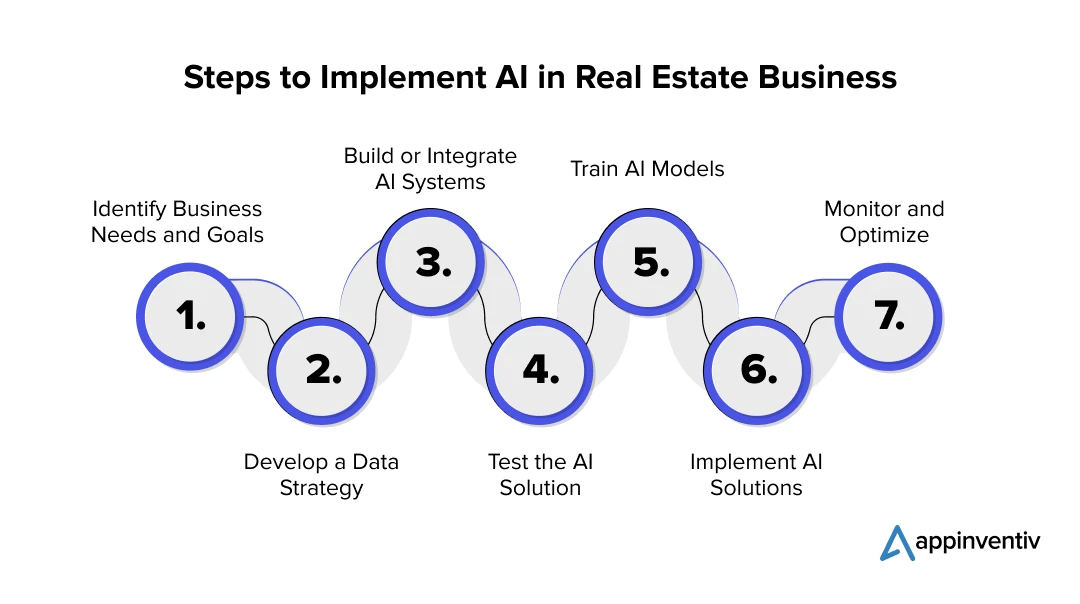
Fig.1 System architecture of A.I. in real estate [Source- appinventiv.com]
Has been used along with AI and ML. Inputs such as bedroom, hall, kitchen, bathroom, square foot, etc are considered as features that are then searched in the data storage. After finding the appropriate and cleaned data multiple algorithms are used such as Decision Tree Regression, Random Forest Regression, XGBoost Regressor, and MLP Neural Network. On receiving the output or results the accuracy is evaluated and compared to find the best possible result, once the evaluation is complete most accurate data is provided to the buyer. Various modules have been integrated to improve accuracy drastically. The modules of this web based portal are as follows:
A. Requirement/ Feature Input
Initially the buyers are required to fill in the required aspects that the property should have. Since feature engineering is used the buyer can be more specific about their needs which can be location, history, facilities, etc.
B. Data searching and processing
The input features are analyzed and searched within the database for updates or availability. After the data has been parsed it is sent further to undergo multiple regressions and algorithms are applied. As shown in Fig.2, we can see the mechanism of how the user gets the property detail.
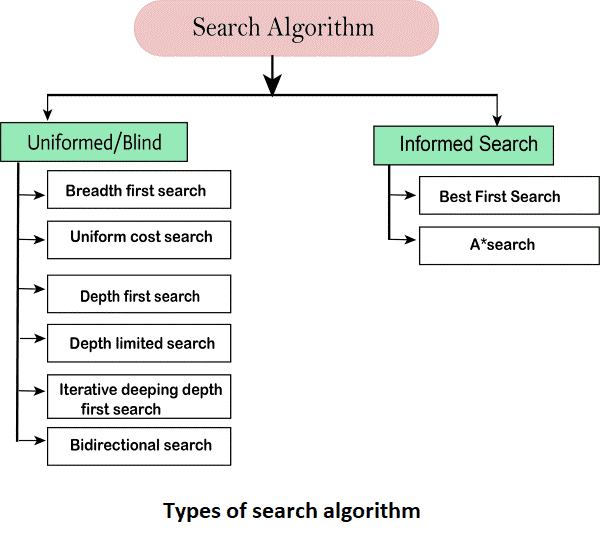
Fig.2 Data searching and application of algorithms
C. Evaluation and Comparison
Once all the results have been found, the output from each algorithm is compared to check the accuracy and mean absolute error to evaluate the most appropriate data. Since the amount of feature input is more hence various methods have been used to give better results. Additionally various methods can also be integrated which even further increases the accuracy.
RESULT AND DISCUSSION
The proposed system gives all the features provided by the traditional existing systems but instead of working only with non-spatial databases, the system also works with spatial data. The following prominent features will be included in the system: Specification-based searching. This feature displays relevant information to users based on the specifications they have provided to the website. The System will allow the user to search for a property quickly and easily for buying and selling. The registered user can list his or her property for sale or rent. This system safeguards customers as well as brokers from false advertisements and data.
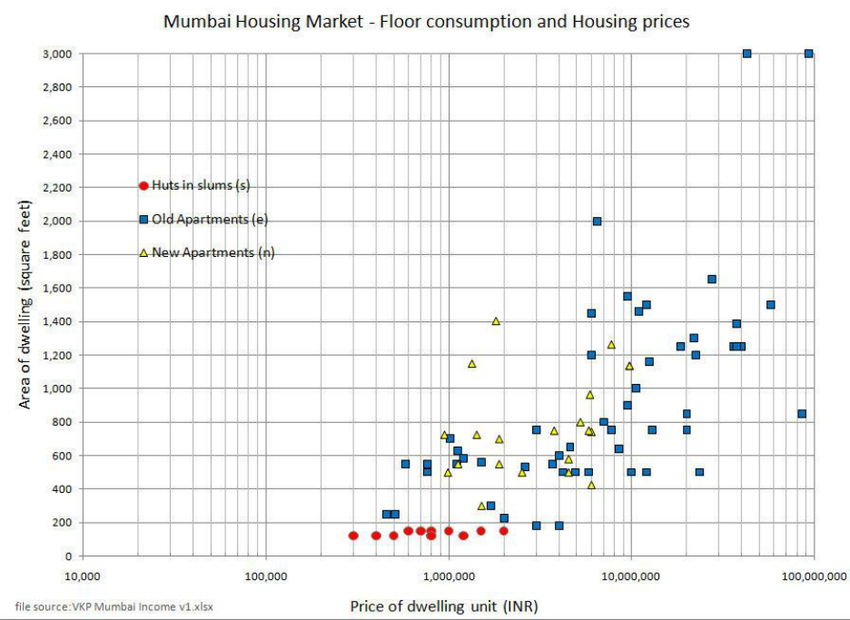
Fig.3 Graph of Area in square feet v. Price in the city of Mumbai
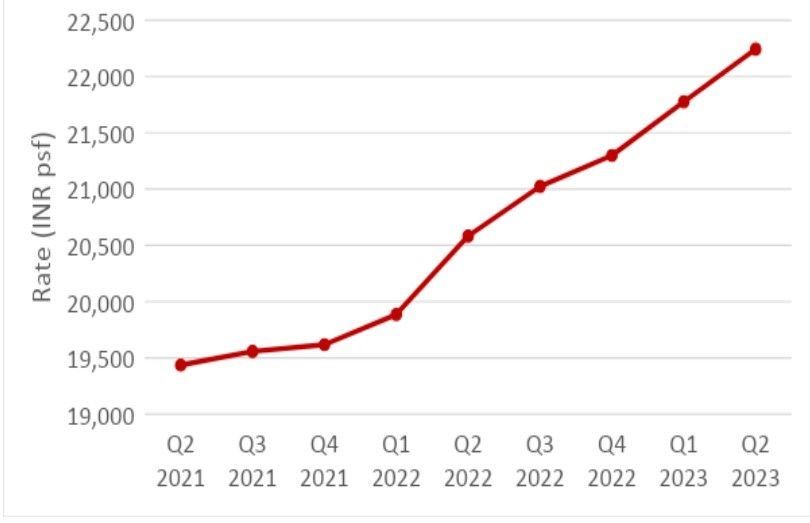
Fig.4 Number of new and old properties for sale in areas of Mumbai
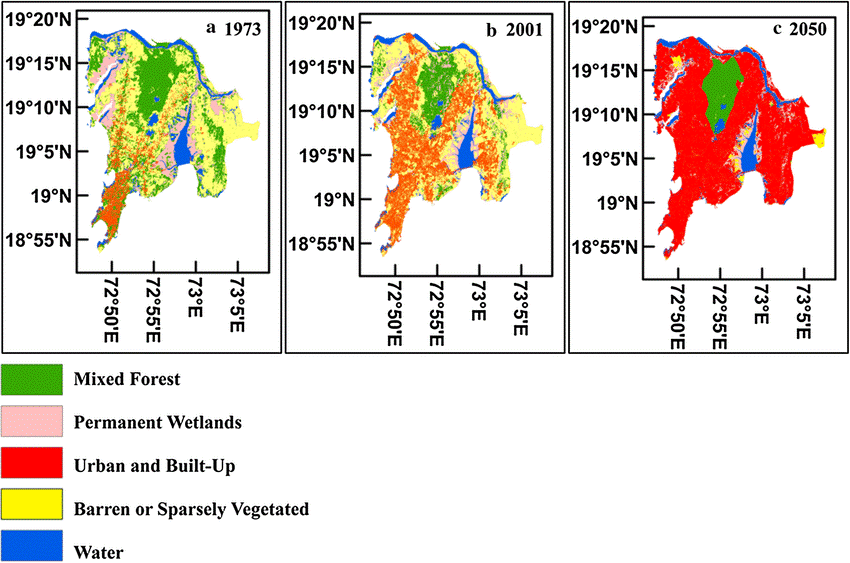
Fig.5 Heat map of the city with respective prices
CONCLUSION
After researching AI in Real Estate, we found that skyline AI is the only type of AI used in this sector and this results in a severe reduction in the use of brokers/agents, which is one of the most serious downside of AI. This project will focus on Price prediction using better accuracy using traditional or advanced Machine learning algorithms on real-time data, Fraud detection using days-on-the-market as well as it provides a platform for the brokers/agents to post their updated property price from which the customers can select the most suitable and profitable source. With the rapid digitization of the real estate industry, AI is unavoidable. AI algorithms can find market opportunities for agents to secure more consumers by using predictive models. It may assist clients in predicting the best moment to buy or sell real estate. AI enables you to enter the self-driving dimension, in which AI outsources the hard labour associated with a real estate transaction complex data, compliance, paperwork, home finding, negotiation, and offers.
Authored By;

Shamanth Kumar M, Managing Director of Skanda Group of the Constructions. He is an experienced Civil Engineer with a proven track record in the construction industry. His skills include AutoCAD, construction management, concrete work, and structural analysis.









.png)